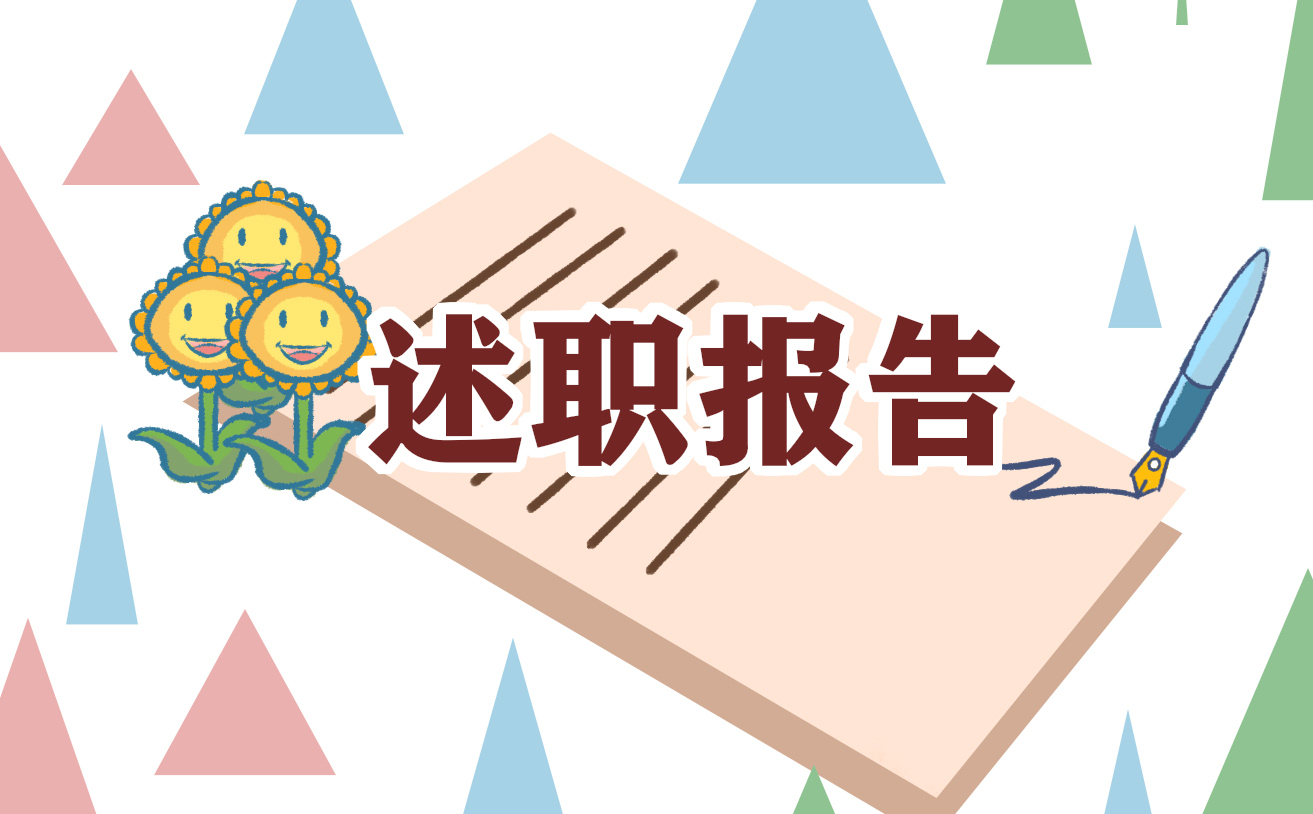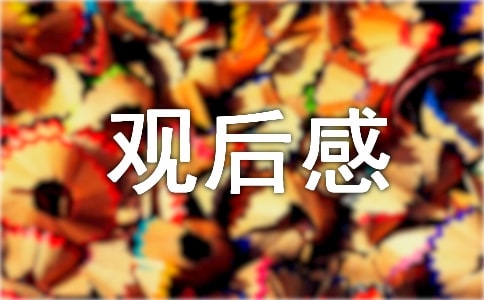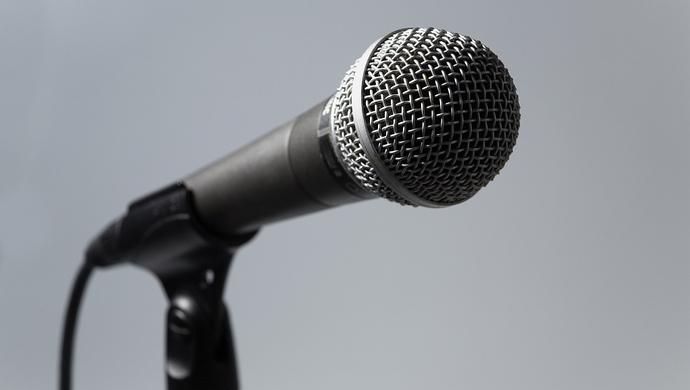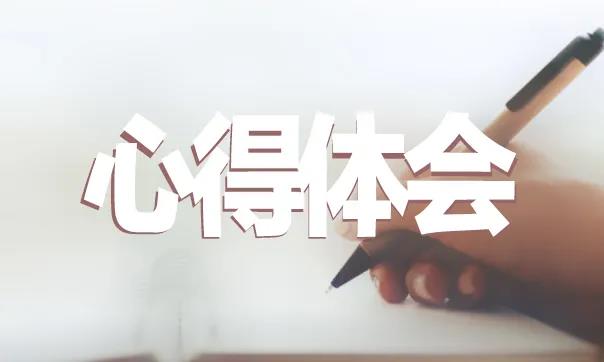*新年英语手抄报1 除夕有很多的禁忌禁忌。如忌言鬼、死、杀等不吉字眼、忌打碎碗碟,忌恶声谩语,忌随地便溺,忌泼污水、灯油于地等。人们在大年三十到来时,一面欢度佳节,喜*收,一面洗澡更衣、打扫卫生,下面是小编为大家整理的2023年度*新年英语手抄报3篇,供大家参考。

*新年英语手抄报1
除夕有很多的禁忌禁忌。如忌言鬼、死、杀等不吉字眼、忌打碎碗碟,忌恶声谩语,忌随地便溺,忌泼污水、灯油于地等。人们在大年三十到来时,一面欢度佳节,喜*收,一面洗澡更衣、打扫卫生,以驱疫病、除恶鬼。尤其是在年夜饭时,有更多的禁忌。
There are many taboo taboos on New Year"s Eve. Such as taboo, ghost death, kill inauspicious words, avoid broken dishes, avoid evil sound or language, avoid urinating, splashed water, oil to avoid etc.. Thirty people in New Year"s arrival, a harvest festival, celebrating the festival, a bath dressing, cleaning, to drive the disease, in addition to the devil. Especially in the meal, there are more taboos.
1、长辈给晚辈添饭加菜,如果吃饱了不想要,不能说“不要”,而是说“有了”;如果个别茶果吃完了,要说“吃兴了”或“太多了”,而不是直接说“没有了”……。这些吉利话是人们的“除夕功课”,大人要教孩子说,否则新年不顺。
1, the elders add food and vegetables to their juniors. If they don"t want to eat, they can"t say "no". Instead, they say "yes". If they are finished, they should say "eat up" or "too much" instead of saying "no" directly. These auspicious words are people"s "New Year"s Eve homework", and *s want to teach their children, otherwise the new year will not be smooth.
2、年夜饭就餐前,必须要先要准备供品祭祀祖先。请祖灵之前,家庭成员和物品必须齐全,否则就是说人不团圆、财不完整。祖灵请来之后,供桌两旁的座位,任何人不得占用,意为不能与祖先争座位;不得吵闹,更不准骂人,否则就是对祖先不尊敬;不得把喝剩的茶水泼在地上,以免混淆了浇奠与泼水;大祭祖灵时,不得高呼小孩的名字,以免大门外无主鬼魂听到后,造成小孩夭折。正式进餐时,非常忌讳别人来打扰的,特别忌讳有人来串门,因为这叫“踩年饭”,会使全家人不得安宁。
2, the dinner on New Year"s Eve before meals, must begin offering sacrifices to ancestors. Before Mr. Zu Ling, the family members and articles must be complete. Otherwise, it means that people are not reunion and their wealth is not complete. After the ancestral altar, on both sides of the seat, no person shall occupy, meaning not with their ancestors may not be noisy, more for seats; no swearing, otherwise it is not respect to ancestors; not to drink the leftover tea on the ground, to avoid confusion with the water poured out; great sacrifice ancestors, not shouting the child"s name, so as to avoid a large door without ghost after hearing, causing the death of a child. A formal dinner, very taboo to disturb others, especially someone taboo chuanmen, because this is called "on the dinner, the whole family will make no peace.
3、吃完年夜饭后,有除夕守岁的风俗。全家欢聚一堂,围炉而坐,叙旧话新,畅谈美好的祝愿,寄希望于新的一年,因而通宵不眠。同时,要遵守一些守岁的禁忌,禁忌大声喧哗,以免惊醒恶魔;禁忌照镜子,以免见“恶魔”;禁忌将灯油泼地,倘若油味冲淡了酒味,“恶魔”便会醒来,导致祸害接踵而至;禁忌打碎器物,意谓着这年会有“破运”,补救方式是用红纸包起,口中念“岁岁*安”等吉祥话,并放在神案上数天,即可化解灾难。
3, after dinner, there is the custom of new year"s Eve staying-up late on new year"s eve. The whole family have a joyous gathering, sat around the fire, talking about the new words, good wishes and hopes for the new year, so stay up all night. At the same time, it must com* with some taboo taboo loudly staying-up late on new year"s Eve, so as not to wake the devil; taboo, mirror, to see the "demon"; taboo will pour oil, if the oil to dilute the taste of alcohol, "demon" will lead to the scourge of wake up, followed; break taboo objects, means that this year will have "broken" that remedy is wrapped in red paper, mouth read "safe and sound all year round" auspicious words, and in the case of God on a few days, you can resolve the disaster.
4 、除夕是去旧迎新的时候,尤其是惧怕疫病与恶鬼。因此,人们的除夕禁忌,是源于传统对年的特殊认识。除夕的禁忌极多,也极其重要,集中地体现了人们趋吉避凶、祈求*安、祈盼幸福的心理要求。在与时俱进的年代,人们除夕的禁忌也在不断地变化着,朝着科学健康和谐的方向前进。
4, new year"s Eve is the time to the old year, especially the fear of disease and evil. Therefore, the taboo of people"s new year"s Eve is derived from the special understanding of the traditional year. The eve of the taboo very much, is also extremely important, embodies the people to pray for peace and good fortune, pray for happiness psychological demands. In the age of keeping pace with the times, the taboos of people"s new year"s Eve are constantly changing, moving forward in the direction of scientific and healthy harmony.
*新年英语手抄报2
年后习俗之拜年
春节里的一项重要活动,是到亲朋好友家和邻居那里祝贺新春,旧称拜年。汉族
An important event in the Spring Festival is to congratulate the family and neighbours of friends and relatives of the new spring, the old name of the new year. Han
拜年之风,汉代已有。唐宋之后十分盛行,有些不便亲身前往的,可用名帖投贺。东汉时称为“刺”,故名片又称“名刺”。明代之后,许多人家在门口贴一个红纸袋,专收名帖,叫“门簿”。
The Han Dynasty had the wind of worship. After the Tang and Song Dynasties is very popular, some inconvenience to the person, he can throw a post. The Eastern Han Dynasty called "thorn", so called "the calling card name card". After the Ming Dynasty, many people in the doorway with a red bag, only collect mingtie, called "door book".
民间互访拜年的形式,根据彼此的社会关系,大体可分四类:
According to the social relations of each other, it can be divided into four categories according to each other"s social relations.
一是走亲戚。初一到本家,初二到岳父家、须带礼物。进门后先向佛像、祖宗影像、牌位各行三叩首礼,然后再给长辈们依次行礼。可以逗留吃饭、谈心。
One is to go to a relative. The first two days to his father home to, should bring gifts. To Buddha and fathers images, all three Koushou mantle before ceremony after the door, then give the elders in salute. You can stay for dinner and talk.
二是初三到亲朋礼节性的拜访。如给同事、朋友拜年,一进屋门,仅向佛像三叩首,如与主人系*辈则只须拱手一揖而已,如比自己年长,仍应主动跪拜,主人应走下座位做搀扶状,连说免礼表示谦恭。这种情况一般不宜久坐,寒暄两句客套话就要告辞。主人受拜后,应择日回拜。
Two is the first third to visit the family and friends. As to colleagues, friends pay New Year"s call, one room door, only to the three Buddha kowtow, such as peers and the master system is only to bend it, such as older than themselves, still should take the initiative to master should go under the seat do hold shape, even said free gift courtesy. In general, it is not suitable for a long time to sit. Master by prayer, should choose a return.
三是感谢性的拜访。凡对人家欠情的(如律师、医生等)就要买些礼物送去,借拜年之际,表示谢忱。
The three is a thank you visit. All of the people in debt (such as lawyers, doctors) will want to buy some gifts to borrow and pay New Year"s call occasion, thank.
四是串门式的拜访。对于部分左邻右舍的街坊,素日没有多大来往,但见面都能说得来,到了年禧,只是到院里,见面彼此一抱拳说:“恭喜发财”、“一顺百顺”,在屋里坐一会儿而已,无甚过多礼节。
Four is the door type call. For the next door neighbours neighborhood, not much daily dealings, but to meet all can shuidelai, to the jubilee, just to meet each other in a passerby said: "good fortune", "nothing succeeds," in the house to sit down for a while, not too much courtesy.
古时有拜年和贺年之分:拜年是向长辈叩岁;贺年是*辈相互道贺。现如今,有些机关、团体、企业、学校,大家聚在一起相互祝贺,称之为“团拜”。
There is an ancient and new year of pay New Year"s call to the elders at age is: pay New Year"s call; new year is the same generation of each other. Now, some organs, organizations, enterprises, schools, everyone together to congratulate each other, known as the "gathering".
随着时代的发展,拜年的习俗亦不断增添新的内容和形式,人们除了沿袭以往的拜年方式外,又兴起了礼仪电报拜年和电话拜年等。
With the development of the times, the new year"s custom has also been continuously added to new contents and forms. People, besides the way they used to pay their new year"s call, have also started ceremonies, telegraphs, New Year calls, and telephone greetings.
年后习俗之给压岁钱
压岁钱(在广东叫做“俾利是”)是由长辈发给晚辈的,有的家里是吃完年夜饭后,人人坐在桌旁不许走,等大家都吃完了,由长辈发给晚辈,并勉励儿孙在新的一年里学习长进,好好做人。有的人家是父母在夜晚待子女睡熟后,放在他们的枕头下过年给压岁钱,体现出长辈对晚辈的关爱和晚辈对长辈的尊敬,是一项整合家庭伦理关系的民俗活动。
Gift money (in Guangdong called "so lucky") is issued by the elder generation, some homes are after dinner, everybody sitting on the table to go, so we are finished, issued by the elder generation and encouraged kids to learn in the new year, a good man. Some other parents treat their children asleep at night after the New Year gift money to put on their pillows, reflects the care of the younger elders and younger people to respect their elders, integration of family relations is a folk activity.
年后习俗之占岁
旧时民间以进入新正初几日的天气阴晴来占本年年成。其说始于汉东方朔的《岁占》,谓岁后八日,一日为鸡日,二日为犬,三日为猪,四日为羊,五日为牛,六日为马,七日为人,八日为谷。如果当日晴朗,则所主之物繁育,当日阴,所主之日不昌。后代沿其习,认为初一至初十,皆以天气清朗,无风无雪为吉。后代由占岁发展成一系列的祭祀、庆祝活动。有初一不杀鸡,初二不杀狗,初三不杀猪……初七不行刑,初八不打谷的风俗。
The old folk in the first few days of the new weather to take this year to. It began in the Han Shuo"s "old accounts", that after the age of eight days, a day for two days for chickens, dogs, pigs for three days, four days to five days for sheep, cattle, six horses, seven days, eight days for the valley. If the day is clear, the main thing is bred, the day is cloudy, and the day of the Lord is not prosperous. Offspring along the road, that day to the tenth day, with the clear weather, no snow for kyrgyzstan. The descendants have developed into a series of sacrifices and celebrations from the age of occupation. The first two days do not kill, do not kill, do not kill the third...... The seventh eighth not execution, not threshing customs.
年后习俗之贴画鸡
古时春节在门窗上画鸡来驱鬼怪邪气。晋朝人著的《玄中记》里讲到了前面说到的度朔山上的这只天鸡,说是当太阳是刚刚升起,第一道阳光照到这株大树上时,天鸡就啼鸣了。它一啼,天下的鸡就跟着叫起来了。所以春节所剪的鸡,其实就是象征着天鸡。然而古代神话中还有鸡是重明鸟变形的说法。据说尧帝时,过方的友邦上贡一种能辟邪的重明鸟,大家都欢迎重明鸟的到来,可是贡使不是年年都来,人们就刻一个木头的重明鸟,或用铜铸重明鸟放在门户,或者在门窗上画重明鸟,吓退妖魔鬼怪,使之不敢再来。因重明鸟样类似鸡,以后就逐步改为画鸡或者剪窗花贴在门窗上,也即成为后世剪纸艺术的源头。*古代特别重视鸡,称它为“五德之禽”。《韩诗外传》说,它头上有冠,是文德;足后有距能斗,是武德;敌在前敢拼,是勇德;有食物招呼同类,是仁德;守夜不失时,天明报晓,是信德。所以人们不但在过年时剪鸡,而且也把新年首日定为鸡日。
In the Spring Festival on the doors and windows on the chicken to blame evil spirits. The Jin Dynasty with "xuanzhongji" about the days preceding dushuo on the mountain, that is when the sun is just rising, the first light in the tree when the chicken is a crow. As soon as it crow, the chicken in the world is called up. So the Spring Festival cut chicken, is actually a symbol of chicken. However, in ancient mythology, there was a chicken in the myth of the distortion of the bird. It is said that Yao Gong, a heavy evil bird over the Ming Ming AIA, everyone welcome the coming of the bird, but not the tribute every year, people carved a wooden heavy Ming bird, or with heavy copper Ming bird out of the portal, or draw heavy bird in Ming the windows and doors, deter demons, to not come back. Because of heavy Ming birds like the similar chicken, after gradually replaced chicken or cut window posted in the windows and doors, which later became the source of paper-cut art. Pay special attention to the ancient chicken Chinese called it "five, the bird". "Hanshiwaizhuan" said its crown, head of Wind; after the full distance can fight, is Takenori; the former enemy dares is courage; food is similar to, yet benevolent; vigil, dawn crowing, is faith. So people not only cut chicken in the past year, but also set the first day of the new year as chicken day.
年后习俗之聚财
俗传正月初一为扫帚生日,这一天不能动用扫帚,否则会扫走运气、破财,而把“扫帚星”引来,招致霉运。假使非要扫地不可,须从外头扫到里边。这一天也不能往外泼水倒垃圾,怕因此破财。今天许多地方还保存这一习俗,大年夜扫除干净,年初一不出扫帚,不倒垃圾,备一大桶,以盛废水,当日不外泼。
Su Chuanzheng at the beginning of the month for a broom birthday, this day can not use a broom, otherwise it will sweep away good luck and fortune, saozhouxing "draws, lead to bad luck. If it is not necessary to sweep the ground, it must be swept from the outside. This day is also not splashing out the trash, so afraid of you. Today, many places still keep this custom. They sweep away the new year"s Eve. They don"t have brooms at the beginning of the year. They don"t throw rubbish and prepare a large bucket to keep the waste water on the same day.
年后习俗之团圆饭
一年一次的团圆饭充分的表现出中华民族家庭成员的互敬互爱,这种互敬互爱使一家人之间的关系更为紧密。家人的团聚往往令“一家之主”在精神上得到安慰与满足,老人家看儿孙满堂,一家大小共叙天伦,过去的关怀与抚养子女所付出的心血
Once a year the family reunion dinner fully demonstrated the Chinese nation, family members love each other, the relationship between one family to love each other more closely. Family reunion often makes a lord of comfort and satisfaction in spirit, the old man to see grandchildren, family Tianlun past paid for the care and upbringing of children of the blood






